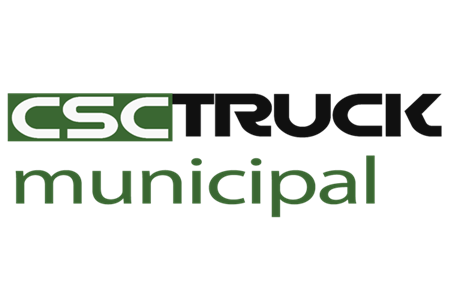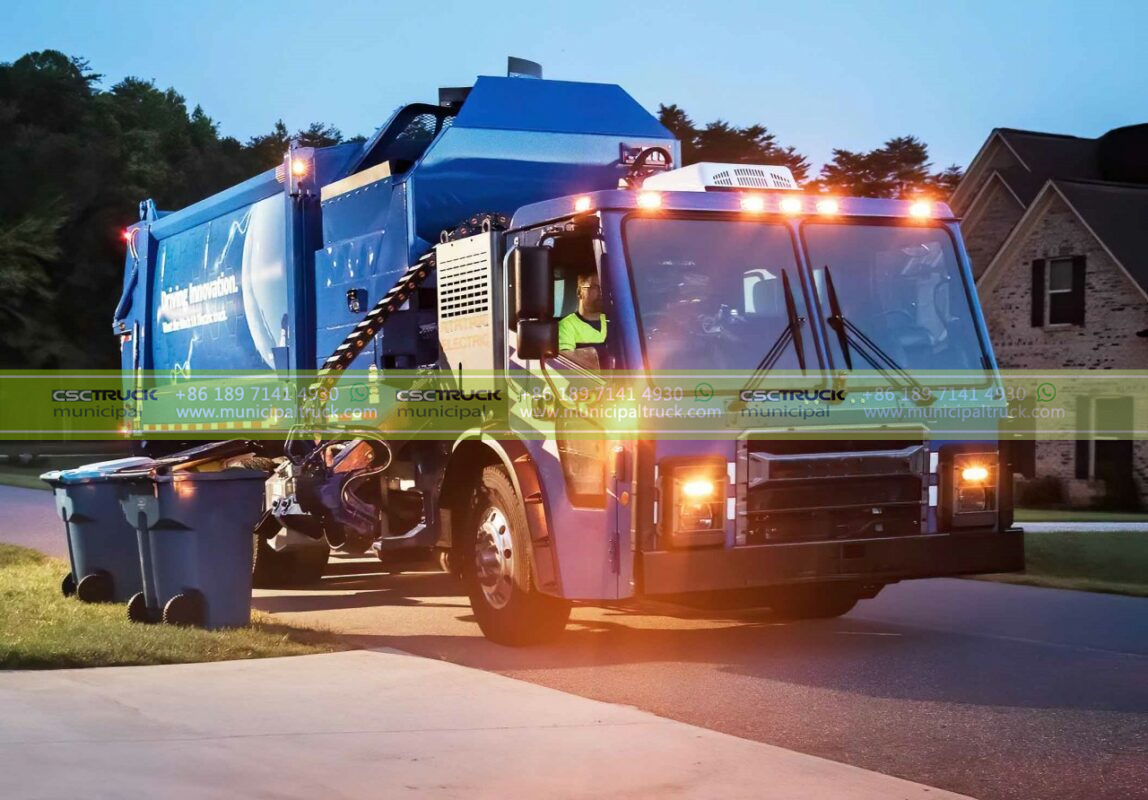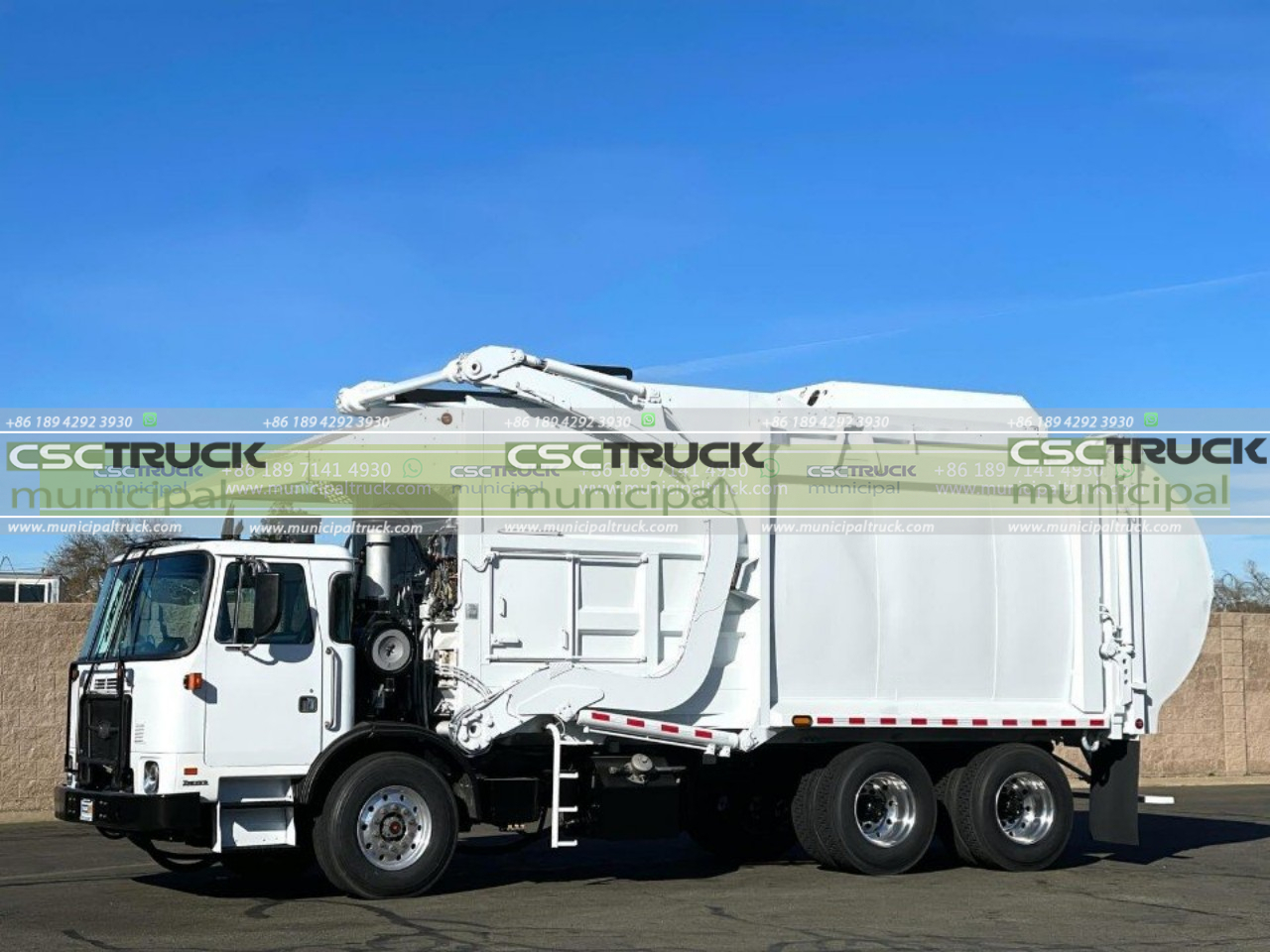Garbage trucks play a vital role in maintaining the cleanliness and sanitation of our cities and towns. These heavy-duty vehicles are responsible for collecting and disposing of waste, ensuring that our communities remain clean and healthy. However, the operation of garbage trucks comes at a significant cost. In this article, we will delve into the various factors that contribute to the operating cost of a garbage truck.
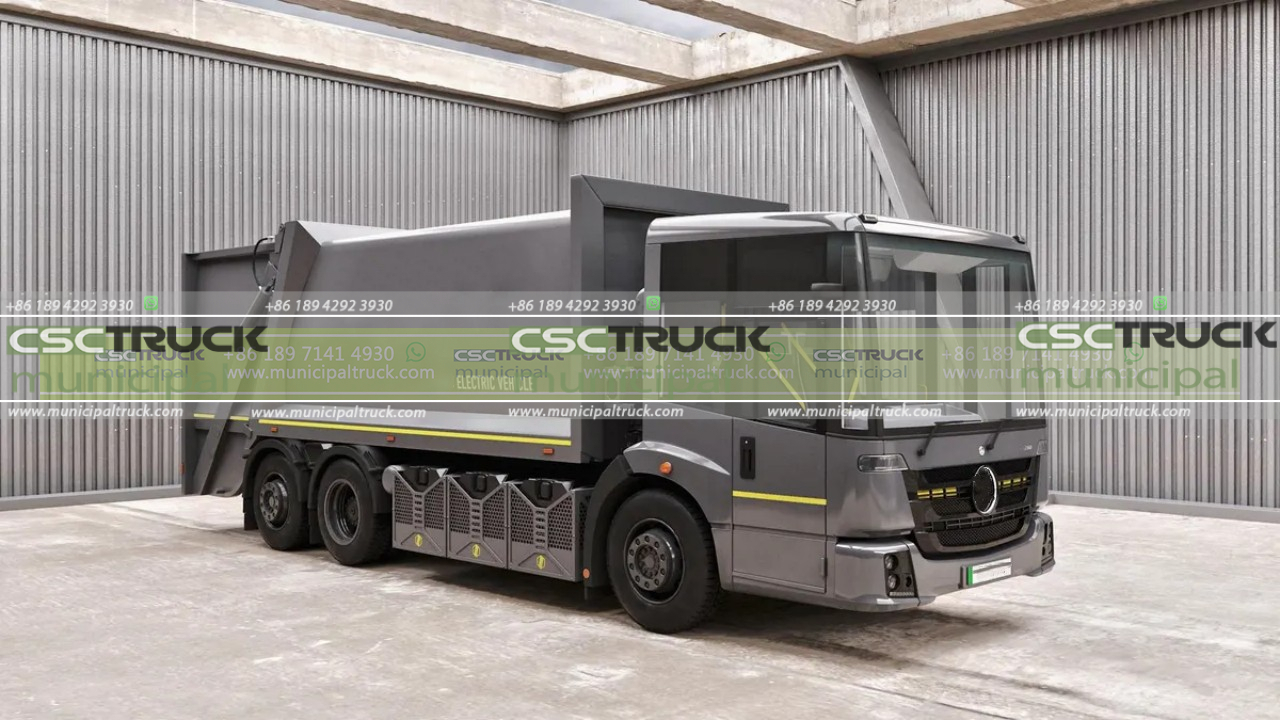
- Vehicle Acquisition: The initial cost of purchasing a garbage truck is one of the significant components of its operating cost. Garbage trucks are specialized vehicles designed to handle heavy loads and withstand rigorous use. They are equipped with features such as hydraulic lifts and compaction systems, which add to their price tag. Depending on the size and specifications, the cost of a garbage truck can range from tens of thousands to hundreds of thousands of dollars.
- Fuel Consumption: Fuel is a substantial expense in operating a garbage truck. These vehicles typically run on diesel engines, which provide the power necessary to carry out their tasks. Given the size and weight of garbage trucks, they consume a significant amount of fuel during their daily routes. Fuel costs can fluctuate depending on factors such as fuel prices and the distance covered by the garbage truck each day.
- Maintenance and Repairs: Garbage trucks undergo extensive wear and tear due to their demanding nature of work. Regular maintenance is essential to keep the vehicles in optimal condition and prevent breakdowns. Routine tasks such as oil changes, tire replacements, and brake inspections are necessary to ensure the safety and efficiency of the garbage truck. Additionally, repairs may be required for mechanical or electrical components, further adding to the operating cost.
- Labor Costs: Garbage truck operations require skilled personnel to operate and manage the vehicles. The driver and the crew responsible for collecting and disposing of waste contribute to the labor costs. Salaries, benefits, and training expenses for these employees need to be considered when calculating the overall operating cost of a garbage truck. Moreover, labor regulations and union agreements may also impact labor costs.
- Insurance: As with any motor vehicle, insurance is a crucial aspect of operating a garbage truck. These vehicles operate in densely populated areas, and accidents can occur, leading to property damage or injury. Insurance coverage is necessary to protect against such risks and liabilities. The insurance premium will depend on factors such as the vehicle’s value, location, and the driver’s history.
- Disposal Fees: Garbage trucks not only collect waste but also need to dispose of it properly. Municipalities often have designated waste management facilities or landfills where garbage trucks deposit the collected waste. These facilities charge fees for waste disposal, which contribute to the operating cost of the garbage truck. The disposal fees may vary depending on the volume or weight of waste deposited.
- Administrative Costs: Various administrative expenses are associated with operating a garbage truck. These include licensing and registration fees, permits, taxes, and any administrative personnel required to manage the paperwork and regulatory compliance. These costs are necessary for ensuring legal operation and compliance with local regulations.
- Depreciation: Like any other vehicle, garbage trucks depreciate over time. Depreciation refers to the decrease in the value of an asset over its useful life. As a garbage truck is subjected to heavy usage and wear, its value decreases over time. Depreciation is an important consideration when calculating the operating cost, as it reflects the gradual loss of the vehicle’s value.
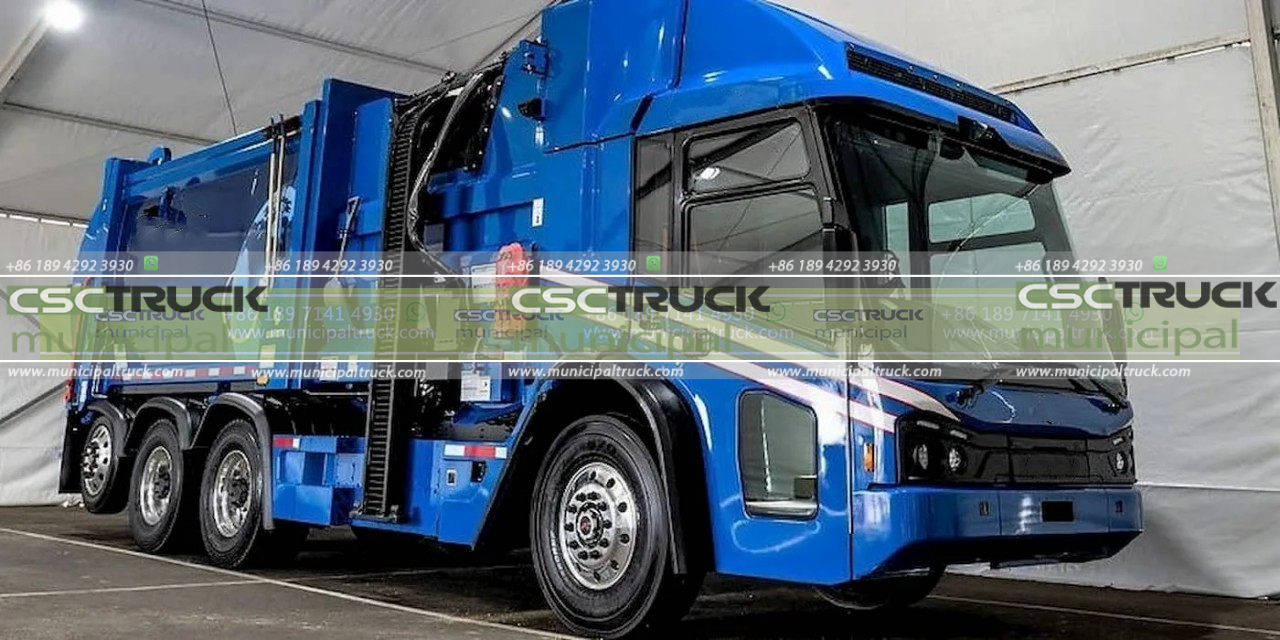
In conclusion, the operating cost of a garbage truck encompasses several factors. These include the initial acquisition cost, fuel consumption, maintenance and repairs, labor costs, insurance, disposal fees, administrative costs, and depreciation. Each of these factors contributes to the overall expense of operating a garbage truck. Understanding and managing these costs is essential for waste management companies and municipalities to ensure the efficient and sustainable operation of their garbage truck fleets.
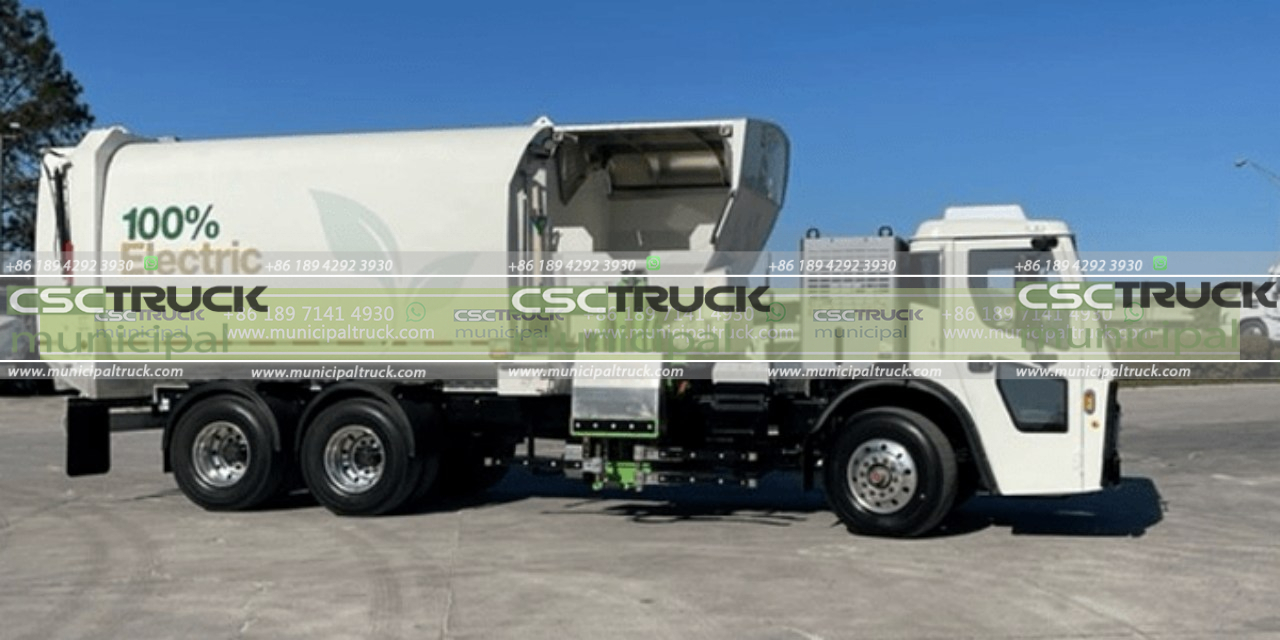
To optimize the operating cost of a garbage truck, waste management companies and municipalities can employ several strategies. Implementing regular maintenance schedules and preventive maintenance measures can help identify and address issues before they escalate, reducing the frequency and cost of repairs. Additionally, investing in driver training programs can improve fuel efficiency and minimize wear and tear on the vehicle, ultimately reducing fuel consumption and maintenance costs.
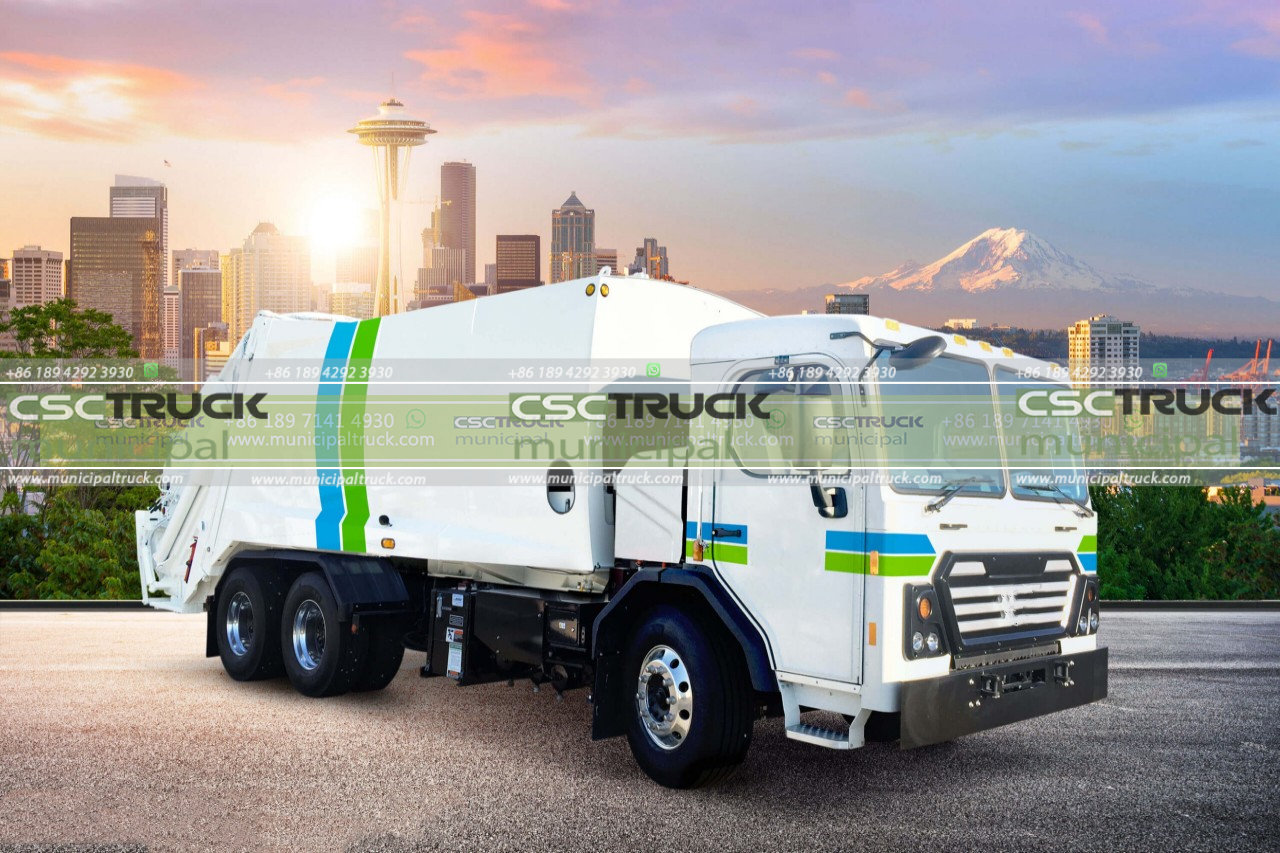
Exploring alternative fuel options, such as compressed natural gas (CNG) or electric-powered garbage trucks, can also contribute to cost savings in the long run. While the initial investment may be higher, these alternative fuel sources can provide significant fuel cost reductions and reduce the environmental impact associated with traditional diesel-powered vehicles.
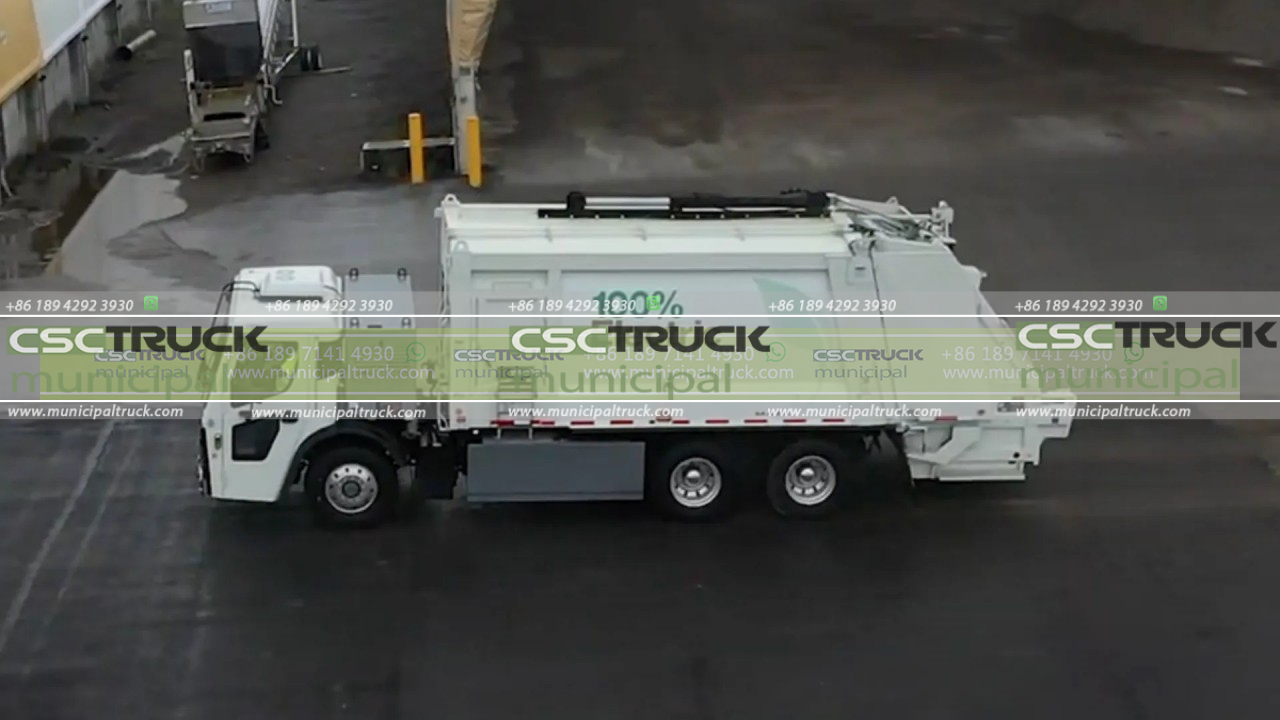
Proactive route planning and optimization can minimize fuel consumption and mileage, lowering operating costs ultimately. By using advanced routing software and considering factors such as traffic patterns and collection density, garbage trucks can follow the most efficient routes, reducing fuel consumption and wear on the vehicle.
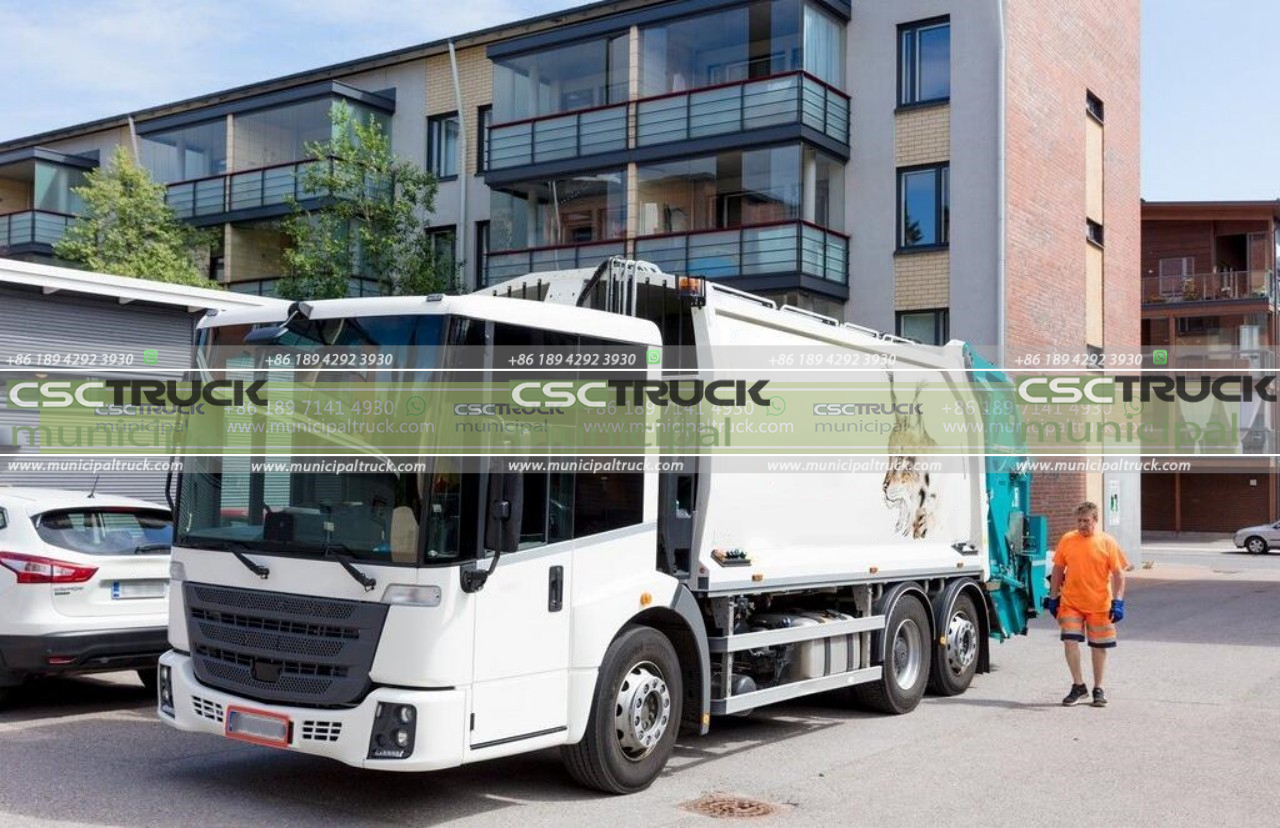
Moreover, waste management companies can negotiate favorable disposal fees with local facilities or explore innovative waste management solutions, such as recycling and composting, to reduce the amount of waste that needs to be deposited in landfills. This can help lower disposal costs and contribute to environmental sustainability.
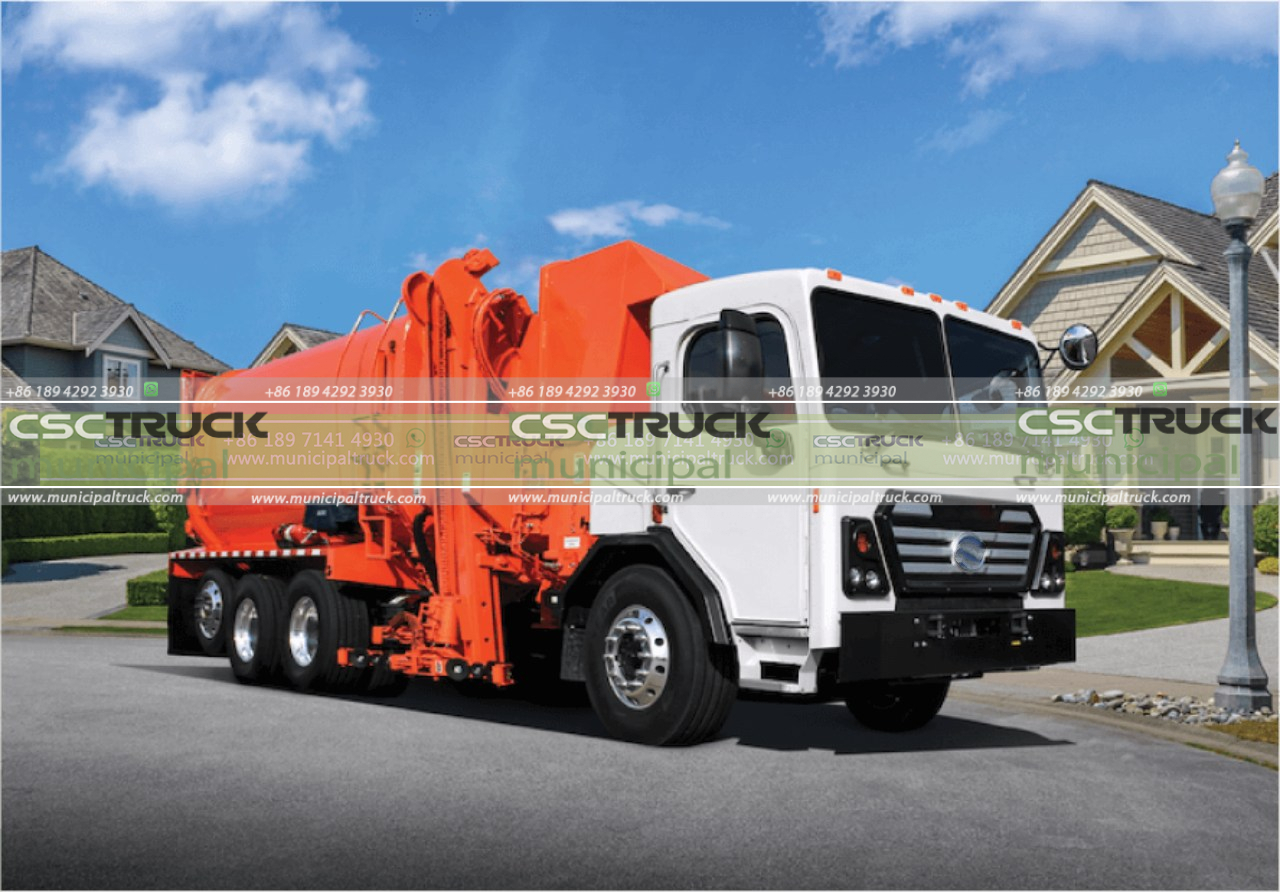
It is worth noting that the operating cost of a garbage truck can vary depending on factors such as the size of the fleet, geographical location, waste management practices, and local regulations. Therefore, waste management companies and municipalities need to conduct regular cost analyses and evaluate the effectiveness of their strategies to optimize their operations and manage costs efficiently.
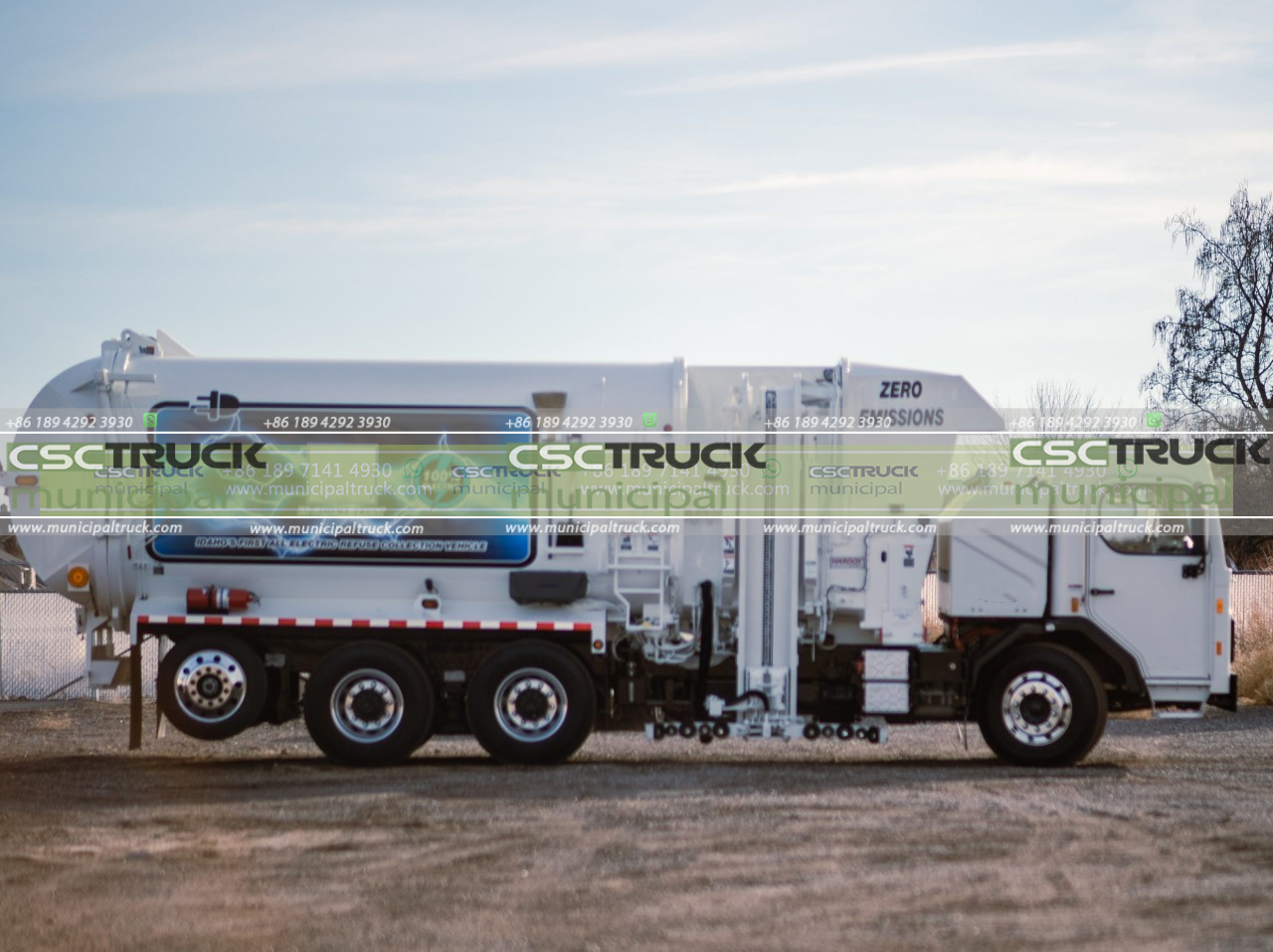
In conclusion, the operating cost of a garbage truck encompasses various factors, including vehicle acquisition, fuel consumption, maintenance and repairs, labor costs, insurance, disposal fees, administrative costs, and depreciation. Understanding and managing these costs is crucial for waste management companies and municipalities to ensure the sustainable and efficient operation of their garbage truck fleets. By implementing maintenance programs, exploring alternative fuels, optimizing routes, and adopting innovative waste management practices, stakeholders can reduce costs, minimize environmental impact, and contribute to the cleanliness and well-being of their communities.
Contact us for this municipal truck or similar trucks: [email protected] Call us or What's APP us: +86 189 4292 3930
